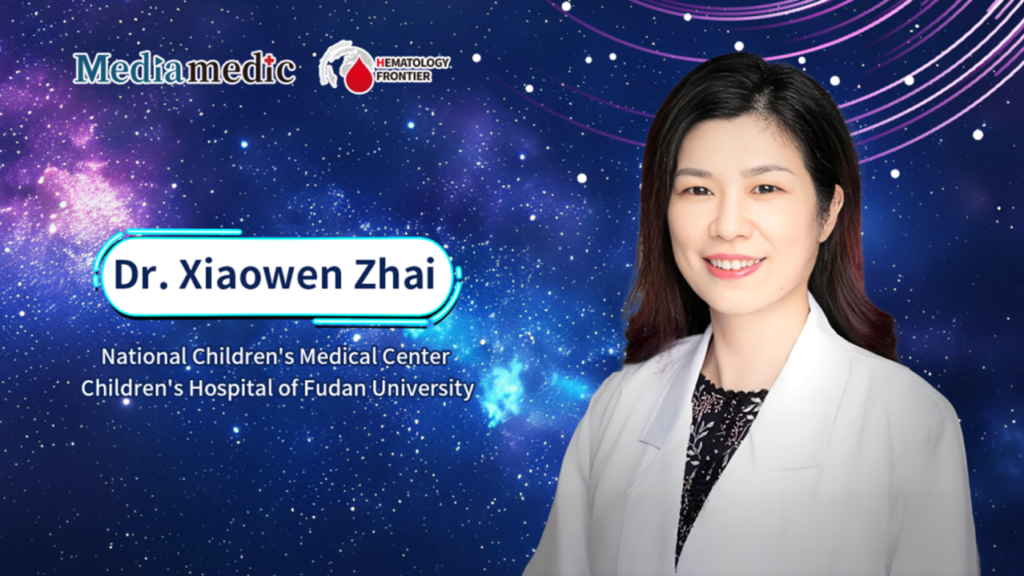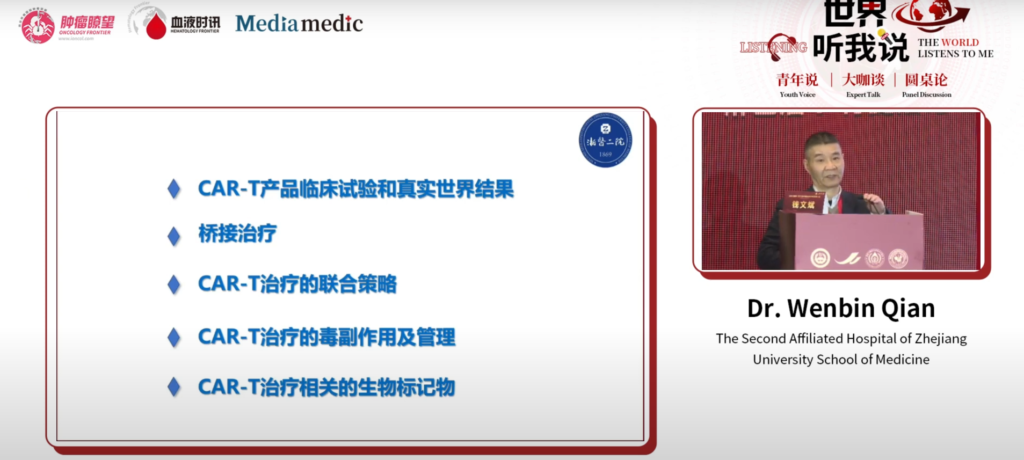Dr. Xiaowen Zhai: Clinical Research Progress in Stem Cell Transplantation for Pediatric Monogenic Diseases
Monogenic diseases, a class of hereditary disorders caused by gene mutations, are diverse and have a profound impact. In the pediatric field, stem cell transplantation is emerging as a promising treatment for conditions such as inborn errors of immunity (IEI), very early-onset inflammatory bowel disease (VEO-IBD), and inherited metabolic diseases (IEM). At the 12th Lu Daopei Hematology Forum, Hematology Frontier invited Dr. Xiaowen Zhai from the National Children's Medical Center and Children's Hospital of Fudan University to provide an in-depth analysis of the current state of stem cell transplantation for pediatric monogenic diseases in China and discuss future research directions to advance the field.









